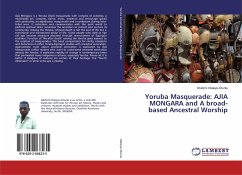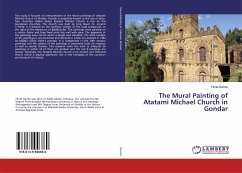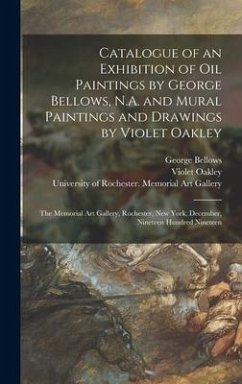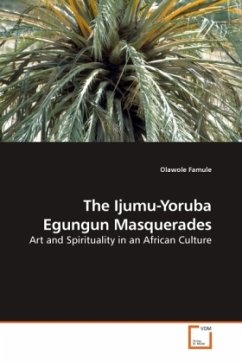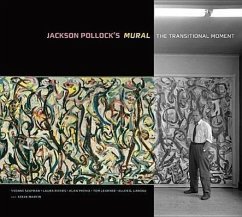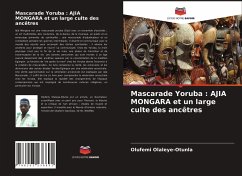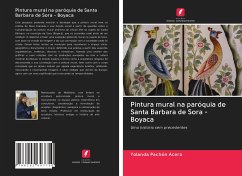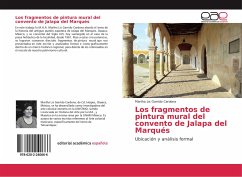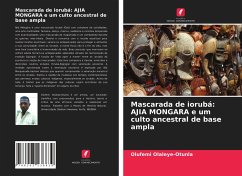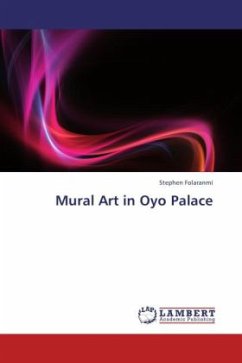
Mural Art in Oyo Palace
Versandkostenfrei!
Versandfertig in 6-10 Tagen
39,99 €
inkl. MwSt.

PAYBACK Punkte
20 °P sammeln!
This study identified the icons on the mural on the Ojú Àbátá mural in Oyo Palace; examined the materials and techniques used in its creation; analyzed the icons in the mural, and interpreted the intrinsic meanings of the Ojú Àbátá mural. This was with a view to creating an understanding of their significance to Yorùbá culture. Yoruba oral literature such as stories, myths, folktales, proverbs, and oríkì, provided useful means for the interpretation of the icons. The analysis and interpretation of the icons and imagery on the mural were done by developing a model visually illustrat...
This study identified the icons on the mural on the Ojú Àbátá mural in Oyo Palace; examined the materials and techniques used in its creation; analyzed the icons in the mural, and interpreted the intrinsic meanings of the Ojú Àbátá mural. This was with a view to creating an understanding of their significance to Yorùbá culture. Yoruba oral literature such as stories, myths, folktales, proverbs, and oríkì, provided useful means for the interpretation of the icons. The analysis and interpretation of the icons and imagery on the mural were done by developing a model visually illustrated by a chart which is aligned to the cannons of Yorùbá traditions. The icons expressed symbolic representations and imagery of the Aláàfin, attendants, chiefs and Europeans who constantly visited the palace in the course of the history of Òyó. The study concluded that the mural added to the body of knowledge on Yoruba images and symbols as a source of historical data and refuted that traditional African mural art generally were produced mainly for religious purposes.



